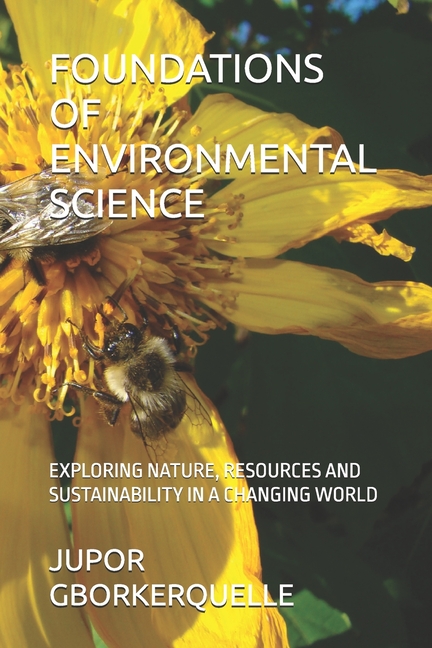Description
The journey toward understanding our relationship with the environment is deeply rooted in historical events that have not only shaped public consciousness but also triggered societal and political changes on a global scale. This subchapter aims to explore these significant milestones, illustrating how crises and movements have galvanized awareness and established the foundations of contemporary environmentalism.
The Industrial Revolution, often heralded as a turning point in human history, stands as a primary landmark in the evolution of environmental awareness. As mechanization transformed industries and daily life throughout the late 18th and early 19th centuries, the consequences of this transformation began to manifest in alarming ways. Factories spewed smoke, coal dust settled on rooftops, and rivers became conduits of waste rather than lifelines of purity. It was a time when society could no longer ignore the transformation of nature into a resource to be exploited.
At the heart of urbanization lay a paradox: industrial prosperity came at the cost of environmental degradation. Majestic landscapes were replaced by soot-stained skies, and quiet rivers became the recipients of toxic runoff. Cities expanded, and with them, the air thickened, leading to health crises that were impossible to overlook. By the middle of the 19th century, reports of widespread respiratory illnesses connected to air pollution began to filter into public discourse. This awakening was pivotal; common people, once merely cogs in the industrial machine, began to question the consequences of unchecked growth and consumption.
Among the sparks that ignited this questioning was the Great London Smog of 1952, a tragic yet pivotal incident that illustrated the severity of air pollution. What began as a cold winter's day devolved into a calamity as a thick layer of smog enveloped the city, leading to thousands of premature deaths attributed to respiratory diseases. In the aftermath, citizens demanded accountability and change, galvanizing public opinion and eventually resulting in the Clean Air Act of 1956 in the UK, a legislative milestone that marked one of the earliest attempts to regulate pollution.
Simultaneously, the horrific impact of industrialization extended beyond air quality, infiltrating the very fabric of water systems. Rivers, once sources of vitality, became toxic streams of industrial effluents. The Cuyahoga River in Ohio serves as an emblematic case; in 1969, the river was so polluted that it caught fire, shocking the nation and revealing the grave consequences of negligence. This fire, sensationalized in media reports, was a call to arms for environmentalists and ordinary citizens alike. It spurred the budding environmental movement, drawing attention to the need for pollution regulations and a greater societal responsibility toward nature.
The 1960s and 1970s were marked by a surge of ecological awareness as societies began to confront the implications of human actions on the natural world. Significant environmental disasters underscored the urgency for change, amplifying discussions about sustainability, conservation, and environmental stewardship. The publication of Rachel Carson's groundbreaking book, *Silent Spring*, in 1962, played a monumental role in shaping this awareness. Carson's meticulous research highlighted the deleterious effects of pesticides on ecosystems, challenging the prevailing notion of humanity's dominion over nature.
Carson's voice resonated deeply, resonating with a public increasingly concerned about health and environmental safety. Her work transcended scientific inquiry, sparking a cultural movement that informed the burgeoning ecological consciousness. The awakening she inspired laid the groundwork for landmark events such as Earth Day, first celebrated in 1970, where millions of Americans took to the streets demanding environmental chang...
Product Details
- Jul 8, 2025 Pub Date:
- 9798291719176 ISBN-10:
- 9798291719176 ISBN-13:
- English Language




